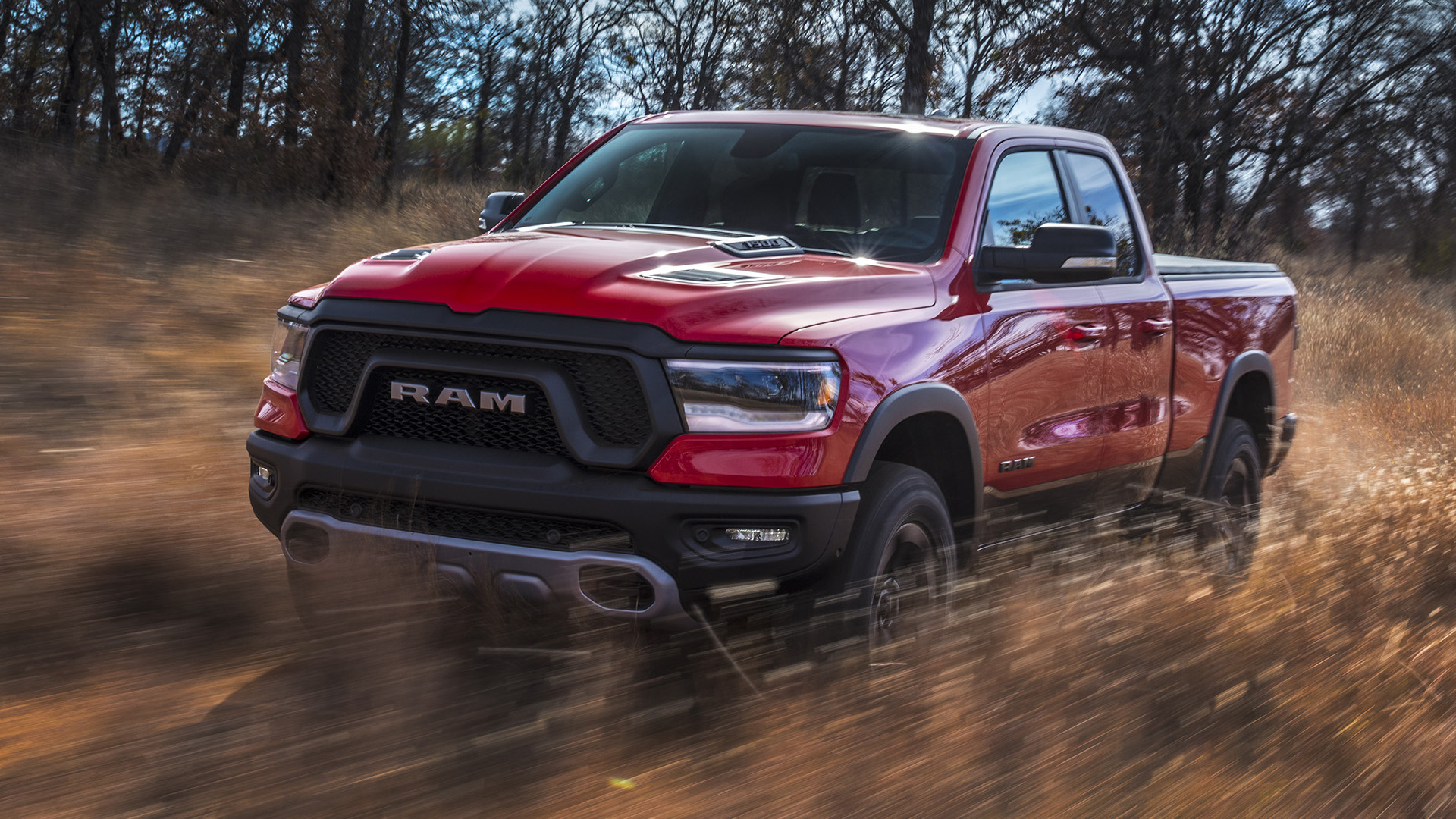

Lithium-ion batteries, the favorite of the electric vehicle industry, have a hard ceiling to their energy density, and vehicles that use them can only eke out so much range. For that reason, even groundbreaking electric pickup trucks like the 2022 Ford F-150 Lightning and 2024 Chevrolet Silverado EV won’t be feasible to own for those that—for one reason or another—need a combustion engine’s flexibility and range. That’s where onboard, range-extending generators should come in but haven’t yet. Which brings us to the forthcoming Ram 1500 EV, which Ram’s CEO today confirmed will offer a “class-shattering” range extender when it debuts in 2024.
Ram CEO Mike Koval Jr. confirmed the feature to EV Pulse in an interview at the 2022 Chicago Auto Show, stating Ram’s electric pickup will “push past” competitors with the help of that range extender—generally a small gas or diesel motor that runs to recharge the battery on the fly.

That’s the limit of what Koval had to say about the truck, but the advantages of an RXEV pickup—and its disadvantages—are plainly clear. An RXEV combines almost all the advantages of both powertrains, touting an EV’s quiet, efficient, responsive operation along with the greater fueling flexibility of a combustion engine. A range extender comes in especially handy on longer drives (or while towing) by reducing the load on the battery, enhancing range as its name implies. In 2020, we uncovered a patent that showed Ford dreaming of swappable, plug-and-play range extenders that can slot into the bed of an electric pickup disguised as a toolbox, though there’s been no sign of that making it to production on the F-150 Lightning at this stage.
Because at the same time, a RXEV isn’t a straightforwardly superior vehicle to a battery-only EV. Including what amounts to two powertrains greatly increases complexity, and thus cost, while the range extender also adds weight, and suffers energy conversion inefficiencies, so it probably won’t get the most out of the fuel it burns. What’s more, even while small, the range extender will still take up significant space, reducing overall storage and, in some cases, utility.
Still, the flexibility a RXEV offers will be the tipping point for at least a few drivers who otherwise wouldn’t consider a truck more electrified than a hybrid, and it will come as no surprise if we hear Ford or GM are considering production range-extended Lightnings or Silverado EVs of their own.
Got a tip or question for the author? You can reach them here: james@thedrive.com